A long-awaited return, in official Cannes competition no doubt, for the production of Catherine Breillat, a 74-year-old director who occupies an almost unique place, through her freedom of spirit and her sexual liberation, in French cinema.
On the one hand, no film seen this year flirts with such a burst of staging on the crest of aesthetic, sentimental and sexual intensities. On the other hand, it arouses very engaged debates among festival-goers, on the supposedly problematic nature of the work and its author.
Last summer marked a return to excellent form for the director, who made her best film there since A ma mère.
Most of the adventure takes place in an opulent house, beautiful garden, summer breeze on women’s skin, Mercedes 500 cabriolet parked on gravel. A blended family of the bourgeoisie devotes itself to life as it unfolds in this environment.
Anne (Léa Drucker) is a lawyer specializing in child protection and Pierre (Olivier Rabourdin) is a business manager upset by a tax audit. Two charming little girls. Likewise Anna’s sister, Mina (Clotilde Courau), a hairdresser who constantly humiliates her ex-husband. Everything is going badly, at least until the moment when Theo (Samuel Kircher), Pierre’s son, loses sight of him following a difficult breakup. The latter intends to make up for lost time by inviting him to come and live with them.
Faced with Theo, the grumpy son who at first glance is only a desirable block, he makes an appearance (we only see his bare chest), the stepmother is a block of justice and integrity to which we cannot not happen. However, the blocks are made to crumble and, as often with director Catherine Breillat, the characters’ bravado gradually reveals a raw and emotional wound. Once again for the director, sexual life is an obstacle course, a game of bluff opposing the insolent charm of youth to the brutal experience of insiders. At the Cannes Film Festival, “Last Summer” is not the only one to talk about intergenerational relations (we can cite May December or Un prince), but Catherine Breillat draws her own moral: making boys pay by teaching girls to take up arms, whether that means prosecuting their attackers or making the girls play with guns.
All of the sex scenes are hugely expansive in what they reveal about how two bodies talk to each other while making love. Rarely has a director succeeded in capturing the erotic power of the sobs exchanged by two lovers allowing themselves to be penetrated by their desire. Last Summer is a stunning film, more than a film with words, it’s even a film that avoids words, preferring silence. In addition to the final scene where the husband tells his wife to keep her confession to herself, there is also this sublime scene where the two lovers recount their horrors as their eyes fill with tears.
Last Summer may be brutal, but it’s also a movie full of fun, gritty details like that. Catherine Breillat strives to show the contradictions of her characters with mischievous editing effects or dialogues that are too reasonable and real to be honest, and Léa Drucker’s drunken acting perfectly matches this unexpected humor.
Rather, it’s a film in love and attentive to forms of language other than speech, and one that speaks the language of cinema better than any other film seen this year.
Copyright ©2023 IMPACT EUROPEAN
Copyright ©2023 IMPACT EUROPEAN. All rights reserved.
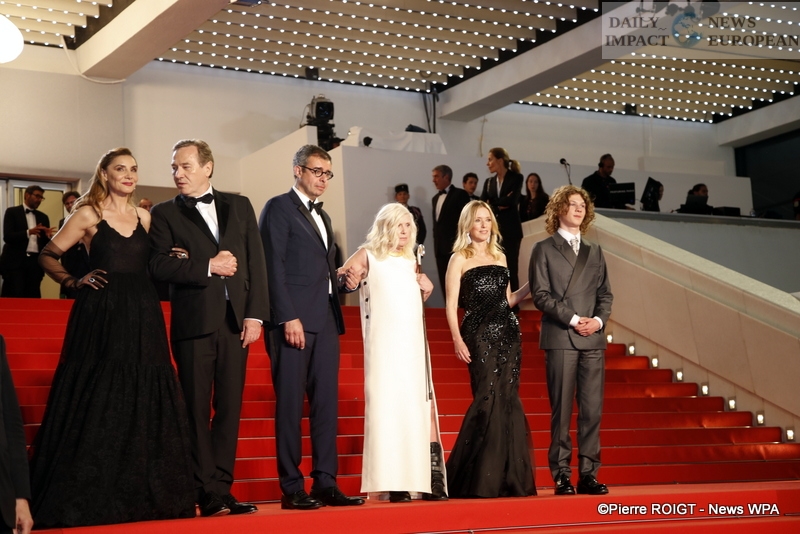
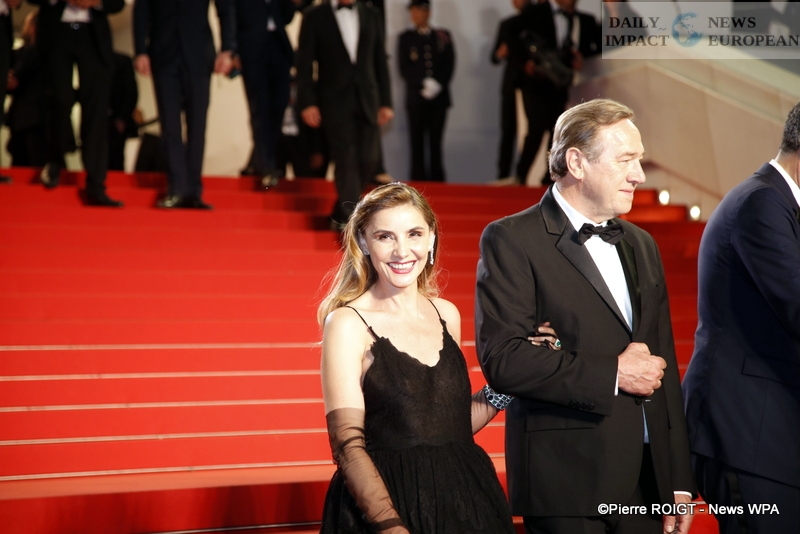
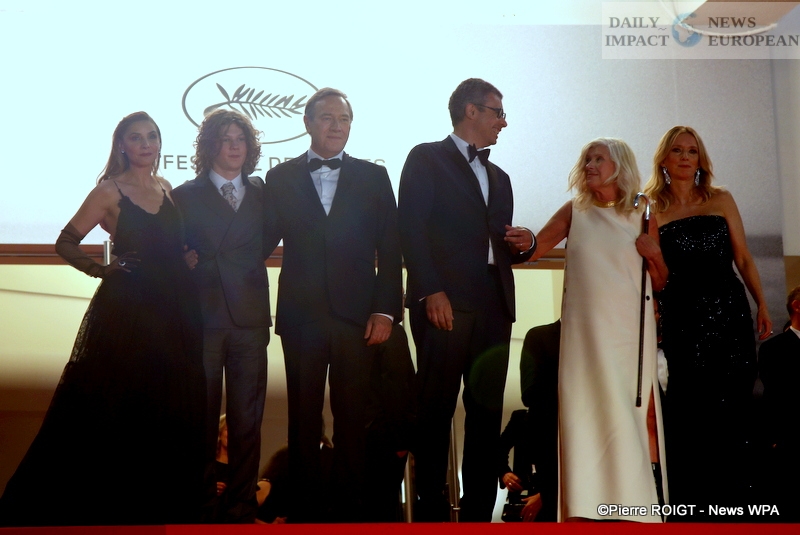
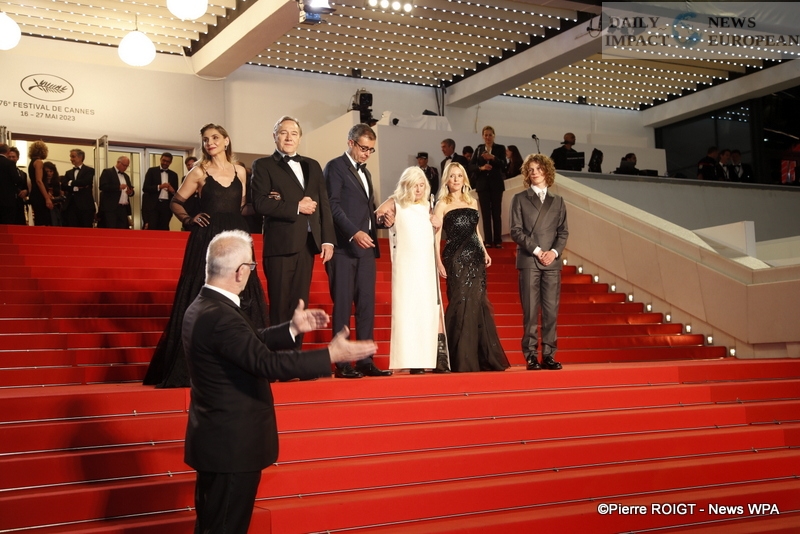
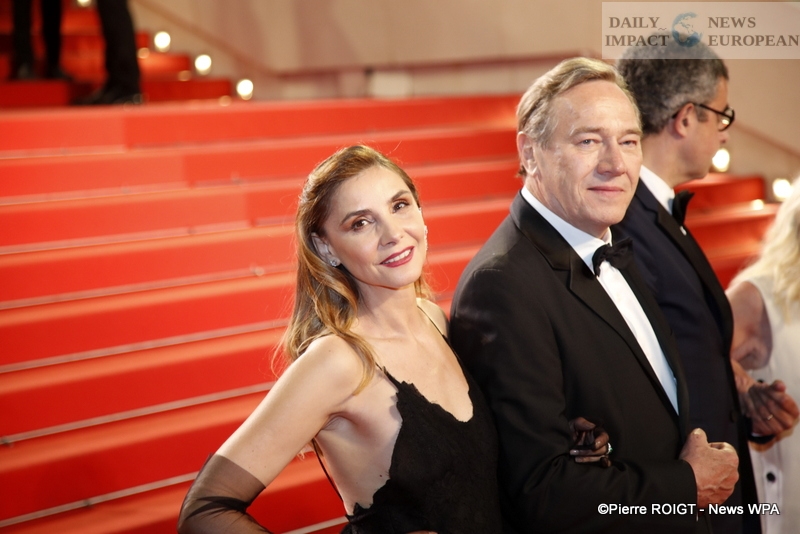
More Stories
Meeting between French and Israeli counterparts Emmanuel Macron and Isaac Herzog at the Élysée
“Dansong” at the Avignon Off Festival 2024
Olympic Flame at the Jardin du Musée Mac Val